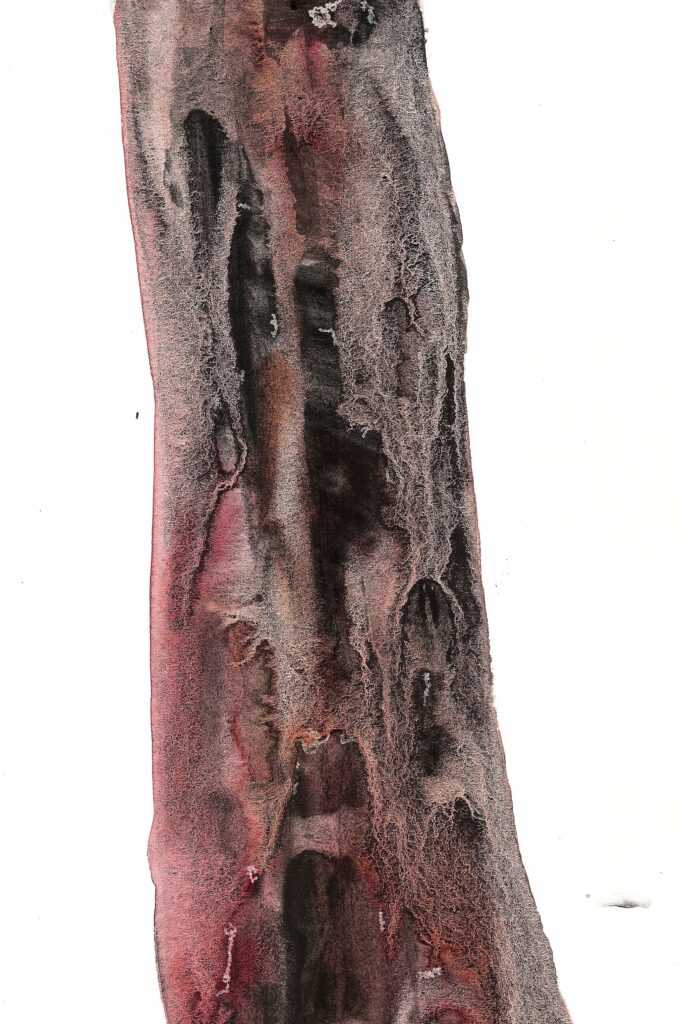Ours is a society that admires greatness, but seldom takes the time to do the cost-benefit analysis of what greatness truly entails. We love the great athlete: the Derek Jeters, the Kelly Slaters, the Federers, but we seldom ask ourselves what it means to be that good. David Foster Wallace is, I believe, one of the greatest writers of the 20th century, but that greatness came at an immense personal cost. He was dead by suicide at age 46, to which I attribute no small part to his commitment to excel at writing even when the writing became a black hole that consumed him.
True greatness, transcendent greatness, has a price. Wallace addresses this in his famous essay about the tennis player Michael Joyce called “Tennis Player Michael Joyce’s Professional Artistry as a Paradigm of Certain Stuff About Choice, Freedom, Limitation, Grotesquerie, and Human Completeness.” Wallace is not only interested in the aesthetic beauty of tennis greatness, the sort of achievement that comes from “combining talent with repetition to such an extent that the variables are combined and controlled without conscious thought.” He’s also interested in “what it’s taken for the 100th ranked player in the world to get there, what it takes to stay, what it would take to rise even higher against other men who’ve paid the same price he’s paid.”
True greatness comes at an emotional, physical, and social cost.
In a stunning video produced by the New York Times, Alexi Pappas, an Olympic runner, speaks about the crushing depression that followed her time at the Olympics. She explains: “So many Olympians have experienced a mental health injury. In fact, a lot of people who hold themselves to extreme standards have.”
Pappas asks the wonderful question that we all ought to ask ourselves: “What if we looked at mental health the same way we do physical health?” What if we explored the mental reasons that underlie the pursuit of greatness at all costs.
Greatness doesn’t just require talent. Many people have talent. Greatness requires the maniacal will to harness that talent through training, through failure, through holding oneself to the most extreme standards. The great athletes and writers and artists weren’t just content being “weekend warriors.” They wanted more, and they held themselves to high standards along the way.
These themes have been explored more recently in the stunning Netflix series, The Queen’s Gambit, a story about a female chess prodigy named Beth Harmon. Harmon is an orphan who learns chess from her orphanage’s janitor. He sees her greatness immediately, but warns her that her talent will come at a price. The price of prodigy for Harmon is addiction, obsession at the cost of friendships, and immense loneliness. As the story unfolds, Harmon is given many opportunities to “have it all,” friendship and success, health and sobriety and accolades. Time and again she chooses solitude, obsession, and addiction. Is there another way for her?
In his essay on tennis, Wallace notes that when we look at the actual sacrifices athletes had to make, they “repel us when we see them: basketball geniuses who cannot read, sprinters who dope themselves, defensive tackles who shoot up bovine hormones until they collapse or explode.” Wallace writes about the “impoverishments in one’s mental life.”
The great athlete, the great at anything, enjoys a “relationship to perfection that we admire and reward.” Wallace adds, “the realities of top-level athletics today require an early and total commitment to one pursuit. An almost ascetic focus. A subsumption of almost all other features of human life to their one chosen talent and pursuit.”
Maria Pappas offers another perspective, one that is perhaps, healthier: “a part of chasing a dream is that you have these ups and downs.” She approaches her mental health with the same perspective she approaches injuries: with the understanding that she won’t feel better right away, and the understanding that healing takes commitment. She talks about seeing her counselor three times a week, the same way she would see her physiotherapy. If only insurance companies took her model to heart.

And perhaps, greatness doesn’t necessarily require such obsession or the cost of one’s mental, social, and physical well-being.
Female surfers may be showing us another path to greatness, one that doesn’t require a complete sacrifice of the self to a single and solitary pursuit to the exclusion of everything else. We women are notoriously good at multi-tasking. There have been studies performed on that very thing. In a documentary about Paige Alms, The Wave I Ride, the great champion big wave surfer takes on Jaws in Maui. We watch her not only surf Jaws, but also work as a contractor constructing houses, getting creative with a paintbrush, hanging out with friends and family, surfing casually with her boyfriend. In a profile about her in Surfing magazine, we learn that she makes a living as a waitress and doing construction.
Maybe these female athletes offer us another way. Maybe greatness doesn’t have to require a complete loss of self. What if greatness could include many great things?
About the Writer
Janice Greenwood is a writer, surfer, and poet. She holds an M.F.A. in poetry and creative writing from Columbia University.
